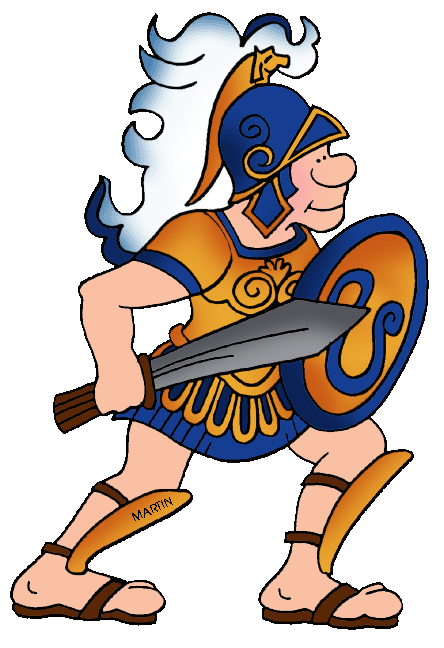
Ancient Greece - Was Macedon (Macedonia) a Greek city-state?

One question we get quite often is: "Was the ancient kingdom of Macedon a Greek city-state?" There seems to be some disagreement about that, not only between web sites, but also amongst scholars. Some people say yes, and others insist no. As Socrates, the great Greek teacher, would say: "Which side do you think has the better argument?"
Socrates taught in questions. So, here's our question: What does it take to qualify as an ancient Greek city-state? Most scholars agree that you need to satisfy certain basic things: (1) Your citizens must speak Greek (2) Your citizens must worship the Greek gods (3) Your city-state must be eligible to send a team of citizen athletics to compete in the ancient Greek Olympics.
In ancient Macedon, according to Macedonian scholars: (1) The native language was Macedonian. Some people also spoke Greek. (2) Macedonians did worship Zeus and other Greek gods, but they also had Slavic gods, and some were a combination. (3) They never sent a team of citizen athletics to compete in the Greek Olympics, although some scholars believe a Macedonian royal did compete once (and others say that never happened.)
Another big difference is size. Take a look at the map above. This is a map of Macedon, the Persian Empire, and the Greek City-States when Alexander's father died in BCE 336 and Alexander took over as King of Macedon. Macedon is in dark orange. The huge Persian Empire is in purple. The Greek city-states are dots within the yellow section. Each dot represents a major Greek city-state (Athens, Sparta, Corinth, and so on.) There were many cities within the borders of Macedon and a great deal of land. It would be hard for Macedon to qualify as one Greek city-state unless it was a very unusual one.
According to Macedonian scholars, the Macedonians did not think of the Greeks as kin, but rather as neighbors, and the Greeks thought of the Macedonians as foreigners (barbarians.) Sparta was different from the other Greek city-states. But Spartans spoke Greek, worshiped Greek gods, and always sent a powerful, well trained team to complete in the Greek Olympics. Sparta definitely qualifies as an ancient Greek city-state. In our opinion, Macedonia appears to have been a kingdom, an empire really, to the north of the Greek city-states and not a Greek city-state itself. But, the Greek city-states in the south and Macedon in the north traded with each other, went to war with each other, created treaties with each other. They knew each other in ancient times.
Does it matter if Macedon was a Greek city-state? To scholars, yes. For our purposes in 6th grade, not so much. Note to our students: Do not expect to see this question on any quiz we give. We are only discussing this because so many kids around the world have asked us for clarification.
Why do scholars nickname Alexander the Great, "the Great Greek" if he wasn't Greek? The answer: Because Alexander conquered diverse civilizations in ancient times, including the Greeks, the Persians, the Egyptians, and more, and united them together with a common Greek language and culture. Whether he was a Greek himself or not, once united, thanks to Alexander, people freely shared ideas, developed international trade routes, and made great advances in learning, all while keeping Greek culture alive. Much might have been lost in time without Alexander.